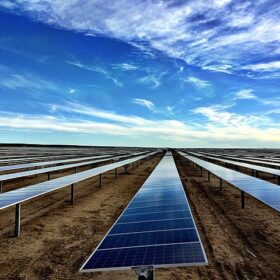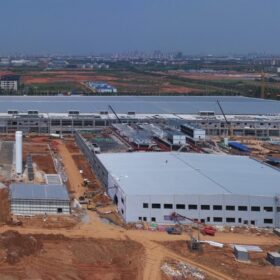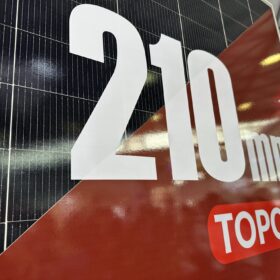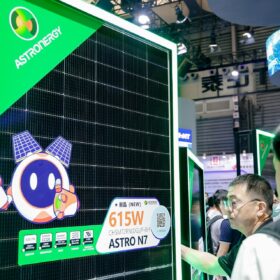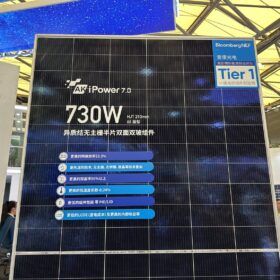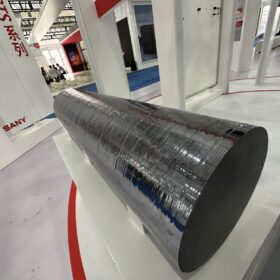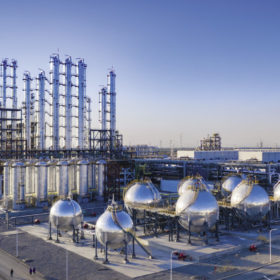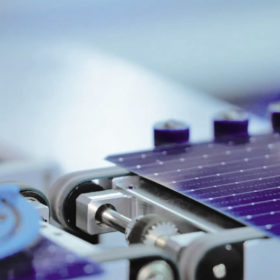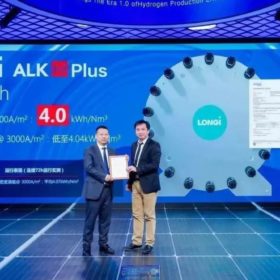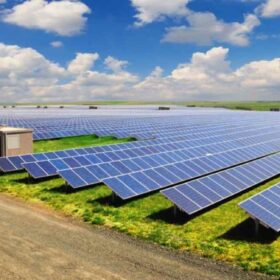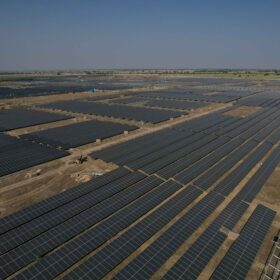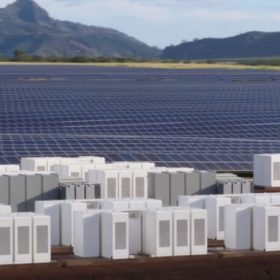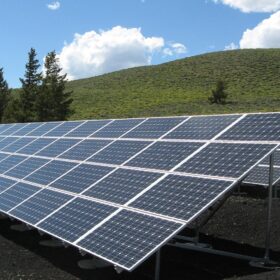JA Solar to build 5 GW of cell capacity in Vietnam
GCL Technology Holdings Limited reported strong revenue for the first half of 2023, while JA Solar says it will invest CNY 2.72 billion ($374.8 million) in 5 GW of N-type solar cell capacity in Vietnam.
GCL-Si opens 20 GW solar cell factory
GCL-Si says it has commissioned a new 20 GW solar cell factory that will supply n-type TOPCon cells to its module facilities in Hefei, Anhui province, and Funing, Jiangsu province.
Tongwei plans 16 GW PV cell factory
Tongwei says it will build a new 16 GW solar cell factory in Meishan City, China’s Sichuan province.
Big module makers in China call for wafer standards
Trina Solar, JinkoSolar, JA Solar, Longi, Risen, Canadian Solar, Tongwei, Chint, and Das Solar have issued a joint statement demanding the standardization of wafer sizes.
Astronergy announces new TOPCon solar module series
Huang Haiyan, chief sales officer for Astronergy, spoke with pv magazine at the recent SNEC trade show in Shanghai about the company’s new TOPCon PV module line and its broader expansion plans.
Akcome unveils new 730 W heterojunction solar modules
Chinese manufacturer Akcome has released a new line of heterojunction solar panels with a nominal power capacity ranging between 710 W and 730 W and a conversion efficiency of 22.80% to 23.50%.
Trina to build 25 GW ingot factory, Longi reduces wafer prices by 30%
Longi said today it cut the prices of its wafer products by 30% and Trina announced it will build a 25 GW monocrystalline ingot factory in the Sichuan province. Furthermore, the National Bureau of Statistics (NBS) revealed that the Chinese PV industry produced 39.92 GW of solar cells in April, and Datang Group unveiled the results of a tender to procure 8 GW of solar panels.
Longi raises wafer prices as polysilicon hits $34.98/kg
The China Nonferrous Metals Industry Association (CNMIA) said that prices for monocrystalline silicon ranged from CNY 222 ($32.30)/kg to CNY 248/kg last week, up 31.37% from the middle of January. Longi, meanwhile, has raised its wafer prices by more than 15%.
China produced 288.7 GW of modules, 827,000 MT of polysilicon in 2022
China’s Ministry of Industry and Information Technology (MIIT) says Chinese manufacturers produced 357 GW of wafers and 318 GW of solar cells in 2022.
Longi releases new alkaline electrolyzer
China’s Longi claims that its new ALK Hi1 electrolyzer can produce hydrogen with an energy content of 4.3 kWh per normal cubic meter. It says the levelized cost of hydrogen could be up to 2.2% lower than other electrolyzers on the market.
